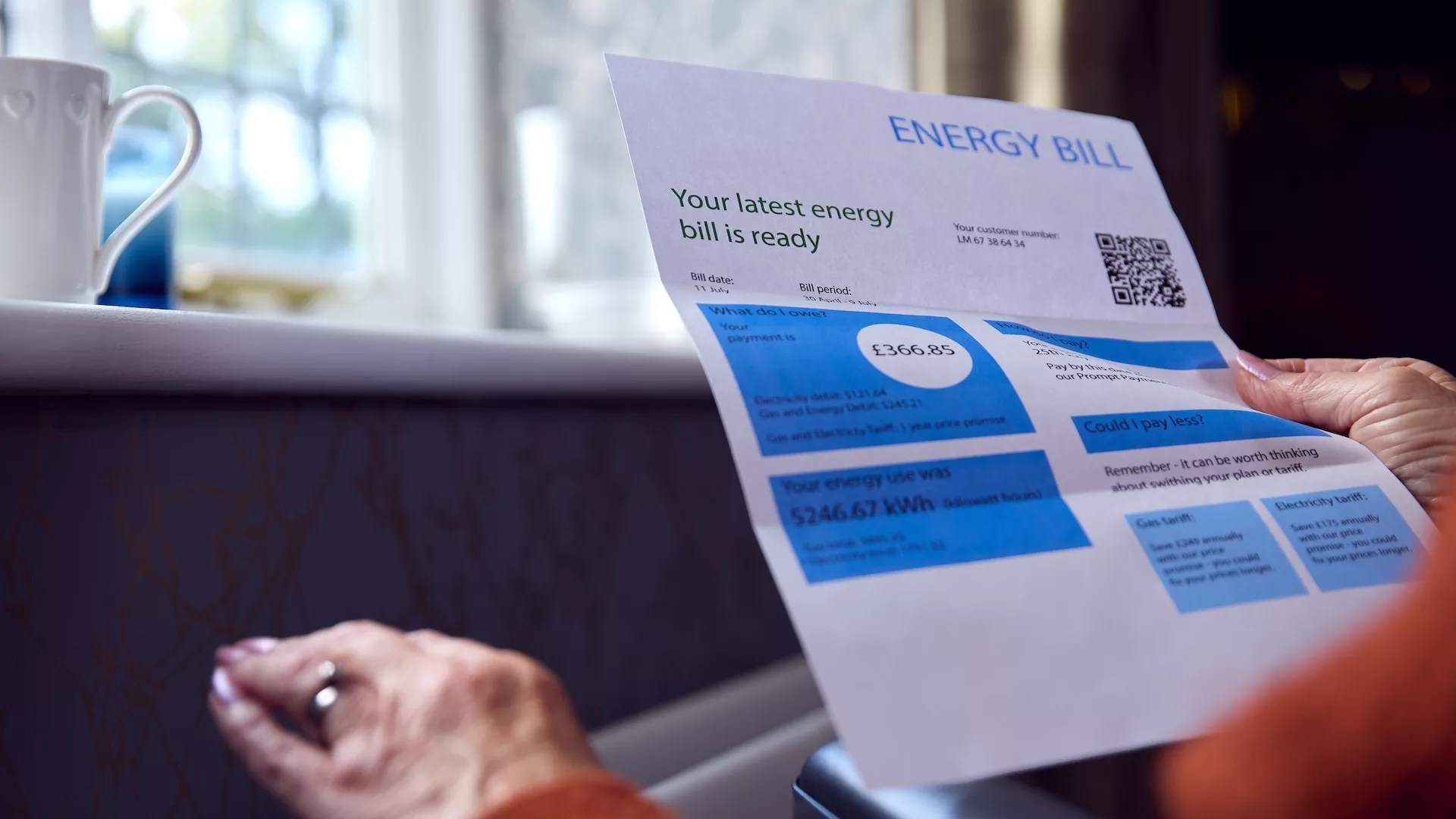Get the latest news and insight into how the Big Issue magazine is made by signing up for the Inside Big Issue newsletter
Her new flat is in the small village of Roade. It has a food bank, but there are no warm banks – dedicated heated spaces – where she can go to escape the biting weather. She has two adult children, but they are based in Leicester. “I can’t afford the ticket to go and visit them as much as I would want,” she adds.
Kareen is on universal credit, but diabetes and complex PTSD from her stalking “nightmare” have made it difficult for her to maintain employment. Fears about fuel poverty and money make her PTSD more difficult to deal with, too.
“The depression sets in, and the anxiety. And then any tiny noise will set me off – it’s very triggering,” she explains. “The whole situation is overwhelming. I don’t really know how I’ll cope.”
Sadly, Kareen’s story is far from uncommon. National Energy Action – the national charity working to end fuel poverty in England, Wales and Northern Ireland – have warned that “too many” people will be “saddled with unmanageable energy debt” this winter. Between October and December, typical bills will be £1,923, according to the Ofgem price cap – an unfathomable amount for thousands of families who are already making every penny count.
In Leeds, retired nurse Mary is “struggling” to afford energy amid the cost of living crisis.
“Heating my home is the worst problem,” the 85 year-old says. “I don’t have a work pension as I worked on and off part-time whilst raising my family, so was never really part of any pension schemes. I rely on my state pension and savings.”
“The state pension doesn’t go very far at all, especially now everything has gone up; my tax, water, gas, electricity and rent have all increased but my money hasn’t.”
Your support changes lives. Find out how you can help us help more people by signing up for a subscription
According to Lottie – a later living marketplace – internet searches for ‘energy bill support’ have increased by around 5,000% over the past 30 days alone.
Mary hasn’t put the heating on yet this year, making do with hot water bottles and blankets for now, or by heading to the heated local community centre. She’s tried to save on energy bills by insulating her house with thick curtains and rugs, but that only goes so far.
“I think a lot of people like me will think you just have to make do, but there needs to be more heating allowance to support people with health concerns,” she says. “I have a number of health conditions, such as arthritis and Raynaud’s, which means I need to stay warm otherwise I find myself in a lot of pain.”
Unfortunately, bills will remain high for a while yet. According to analysts at Cornwall Insight, Britain’s wholesale power prices will rise from an average of £96.64 per megawatt-hour so far this year to £129/MWh next year.









